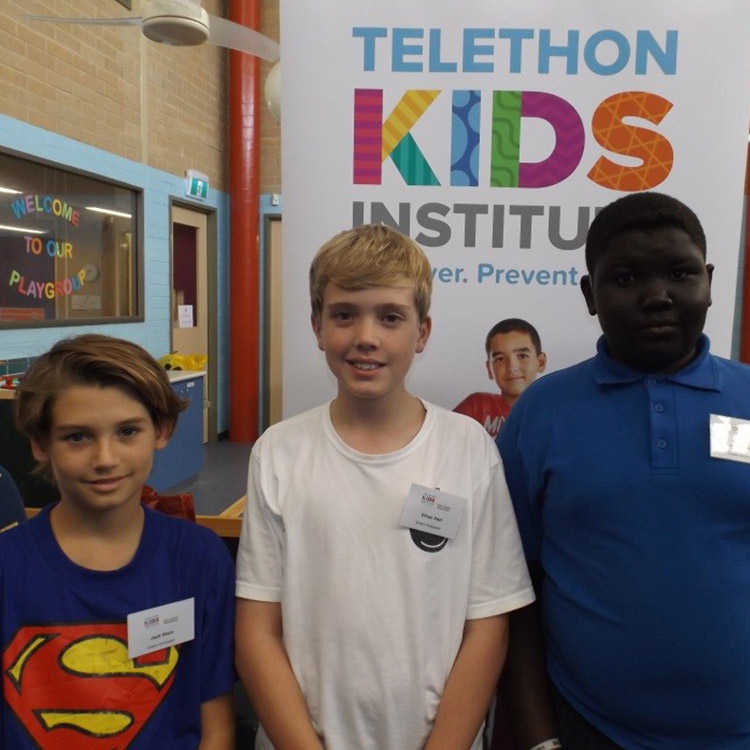Search
Research
Development of Resources for Schools – Responding to and Planning for Children with Complex and Challenging BehavioursYasmin Harman-Smith BA, BHlthSc(Hons), PhD Head, Early Years Systems Evidence; Head, Tenders Support Unit Yasmin.harman-smith@thekids.org.au Head,
Research
Evaluation of the Strong Start Pilot ProgramYasmin Harman-Smith BA, BHlthSc(Hons), PhD Head, Early Years Systems Evidence; Head, Tenders Support Unit Yasmin.harman-smith@thekids.org.au Head,
Research
Pacific Early Age Readiness and Learning (PEARL) Programme in TongaThe (PEARL) Programme, implemented by the World Bank, aims to support Pacific Island Countries in building capacity to design, implement, and monitor evidence-based policies and programs for primary schools.
Research
Young Children in Indonesia's Low-income Rural Communities: How are they doing and what do they need?This chapter describes the development of young children in a sample of poor rural communities across Indonesia.
Research
Jurisdictional, socioeconomic and gender inequalities in child health and development:Early child development may have important consequences for inequalities in health and well-being. This paper explores population level patterns of child...

News & Events
New CoLab funding supports innovative therapeutic playgroup trialIt’s hoped a new therapeutic playgroup being trialled in Perth will help parents and caregivers cut through the stress and become more confident.

News & Events
Register for the 2017 Annual Community Lecture: David Bloom on Child Health and the Wealth of Nations (Nov 1)Register now to attend this compelling talk at the Heath Ledger Theatre in Perth on the evening of Wednesday, November 1 2017.

News & Events
Project helps Ethan belongEthan recently took part in Belong, a study led by The Kids which aims to ensure deaf and hard of hearing kids have a happy & positive school experience
News & Events
Child and Family Centres providing important support for parentsTasmania's Child and Family Centres are having a positive impact on parent's use and experiences of services and supports for young children

News & Events
Key study unveils significant link between hospital admissions and kids with ADHDNew research from The Kids Research Institute Australia has revealed a significant link between kids with severe ADHD and higher rates of early childhood hospital admissions.
